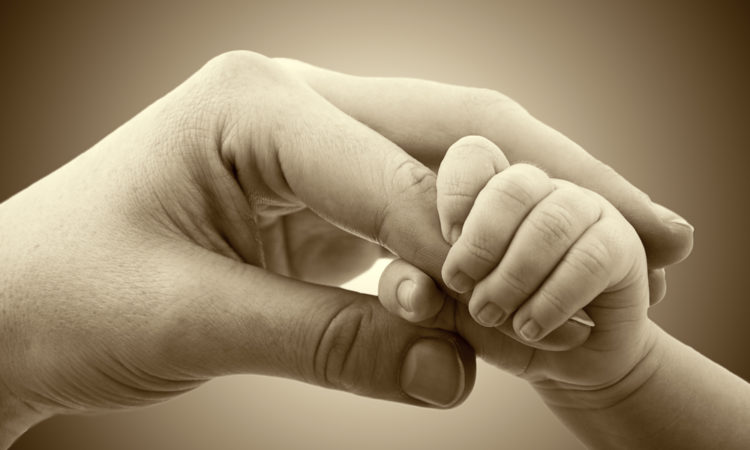
Postpartum Depression in Mothers
Postpartum Depression is a topic not often talked about. We know it exists, yet we don’t know the struggles mothers go through during this phase. They fear that they aren’t doing their best job, or they check on their babies a few times a night. I want to inform readers that postpartum depression is normal. For any mothers reading and experiencing this, know that you are not at fault for what you are going through. By being informed, mothers can accept their postpartum depression to work with it rather than against it.
Physical and stress factors
There isn’t an exact reason as to why women have postpartum depression yet there are two factors to consider, physical and stress. Physical factors include sudden hormonal changes in estrogen and progesterone levels within hours of giving birth. More so, there could be changes in thyroid levels to consider. A mother can definitely face stress after giving birth all of which include caring for a child, lack of support from friends and families, social isolation and financial stress. If you are going through any symptoms that I have mentioned above, then I highly advise you to talk to your health care provider and schedule an appointment with a therapist.
Symptoms
Symptoms of postpartum depression may include loss of interest, change in appetite, insomnia, fatigue, difficulty with concentration, worthlessness, crying and sadness. Ruminations, obsessions and suicidal thoughts can also occur.
Postpartum Psychosis
Postpartum Psychosis is a bit severe. It requires immediate treatment since the mother loses the ability to be rational, and is unable to determine what’s real from what isn’t. This condition occurs within one or two women out of a thousand. During this stage, women can develop delusions and hallucinations. They can also develop intrusive thoughts and disinterest in their children. It is thought to be a bipolar illness, yet it isn’t a case for every woman. Women who have postpartum psychosis after birth are likely to have it again during the second time of birth.
Therapy
Therapy can vary from woman to woman. However, there are two types of therapies most commonly used. CBT (cognitive-behavioral therapy, which helps dismantle thinking patterns) and IPT(interpersonal therapy, which helps understand and change problematic relationships). If you need additional help, check out Postpartum Support International. They offer a free hotline, online support group and free live phone sessions with experts to talk to. Plus, they have coordinators who connect you to your closest providers 24 hours a day.
In conclusion, it’s okay for mothers to go through this phase. If you are a mother reading this, know that it’s okay to ask for help. Don’t be ashamed of it! You’ve brought a new life into this world and it’s just as important to bring yourself back into life. It’s not selfish to take care of yourself if you need it the most. At the end of the day, mom’s need to recharge and if it means attending a few therapy sessions, then so be it.